Patent trolls have become common in patent litigation. They can be defined as entities acquiring patents for the sole purpose of obtaining license fees and threatening other companies of a lawsuit if they do not sign a licensing agreement.
Despite some efforts put in place to fight them, patent trolls have yet to be defeated. Companies can nonetheless put in place certain measures protecting them from or in case of litigation.
Mathias Avocats presents certain steps your company can take to protect itself against patent trolls.
What internal measures should be taken?
A first and essential measure is mapping the company’s immaterial assets (ex: patents, trademarks, licenses…). Consulting patent offices’ websites is an efficient way to know whether an invention has already patented and if the company can apply for a patent (ex: USPTO in the United-States, INPI in France…). By doing so, the company will have a global view of the assets its holds and the contracts it is a party to. In the case of a cease and desist letter, it will know exactly what document to consult to assess its rights.
Another means of protection is drafting specific agreements with partners regarding Intellectual Property (IP) rights which precisely define their scope. The company should request that the partner disclose any IP rights it holds with other partners. It will thus be in a position to better assess any liability risks. If several companies hold different patents on a single device, such as smartphones, purchasing the portfolio as a group will reduce liability risks. The group may want to consider acquiring it publicly. Patent trolls will not be able to claim that they did not know who held the patent.
Subscribing to an insurance policy regarding immaterial assets will further protect the company in any case of litigation whether the company is the plaintiff or the defendant. The insurance will optimize risk management and costs.
Finally, the company should most likely seek legal counsel regarding contracts or any other legal documents and litigation. In the event of a patent infringement claim, the company will need legal counsel to advise it and guide it through the procedure. However, the company can also be an active in the procedure by providing the required documents and seeking advice from companies which have also been confronted to patent trolls.
What about external measures?
When drafting the claims of the patent and before it is granted, applicants should seek professionnal advice (ex: engineers) to avoid overly broad claims. The latter increases liability. Narrowly drafted claims give certainty as to what processes or products are protected. It will also be harder for patent trolls to argue a case if the claims are not identical.
Patent intermediaries assist inventors and patent buyers. It will act as a go between both parties. The inventor sells the patent to the intermediary who then sells it to the patent buyer. The intermediary aims at fostering technological development, which is the aim of patent law. It circumvents the patent trolls’ intent. Furthermore, an intermediary may have the means for litigation whereas the inventor may not. Thus, this process offers various guarantees of security.
Mathias Avocats can only recommend taking these steps to protect the company’s immaterial rights.
